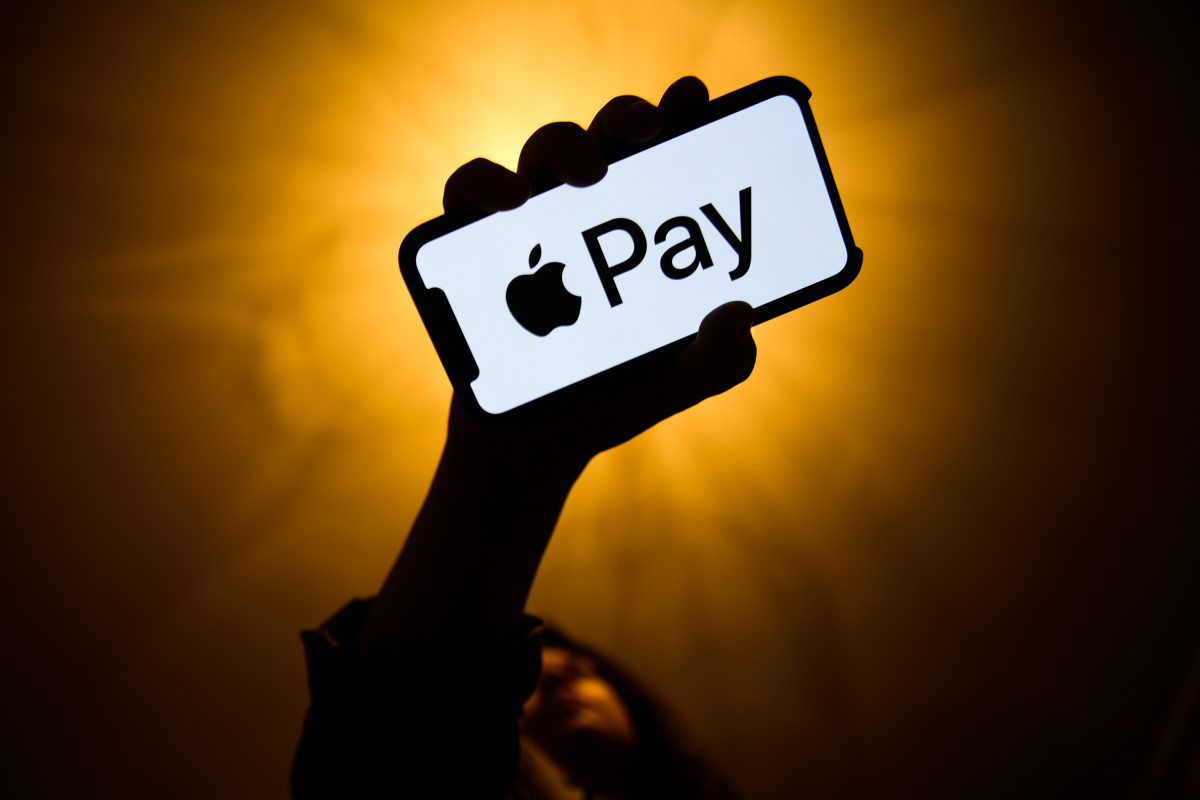
Just in time for the holiday season, Apple has officially released its own version of “buy now, pay later” through Apple Pay in the United States called Apple Pay Later.
In March, it announced a pre-release of the payment method, inviting a group of randomly selected customers to access the feature through their Apple Wallet app. Now, the feature is available for all users over the age of 18 in the U.S.
The feature for iPhone and iPad users allows customers who have their eyes set on a product that’s priced between $75 to $1000 to break the cost down into four equal payments over six weeks with zero interest and no late fees. Apple also advertises that you can apply for Apple Pay Later with “no impact to your credit score.”
The official release of Apple Pay Later comes at a time where a high number of consumers have been opting to use “buy now, pay later” payment options. According to J.D. Power, a data analytics company, 28% of U.S. consumers say they've used a “buy now, pay later” payment method at least once in the previous 90 days.
This holiday season, use of “buy now, pay later,” which is often offered online through companies such as Klarna, Affirm, and Afterpay, is expected to reach record levels in the U.S. According to Adobe Analytics, the payment method is predicted to produce $17 billion in online holiday spending this year, which is an increase of 17% compared to last year.
Related: Analysts were skeptical of Apple and Goldman Sachs’ Apple Card, they were right
Even though “buy now, pay later” options have allowed customers to enjoy more expensive purchases while breaking down financing into small payments, the payment option has made some customers face financial hardships. Currently, 55% of U.S. consumers face the risk of being unable to cover their basic financial needs, and the use of “buy now, pay later” can worsen that reality by adding to mounting debt.
According to a recent survey by Morning Consult, more than two out of five shoppers face “buy now, pay later” debt, and a quarter of them missed a payment in the last month. Also, 27% of “buy now, pay later” users faced a decline in their credit score and 22% have interacted with a debt collector.
Apple Pay Later highlights features such as no interest and no late fees to help avoid extra costs, but overspending is a risk consumers face when opting for a “buy now, pay later” option as they are inclined to spend more on items they don’t have to pay upfront for.
Also, having multiple payment plans for items can add up and further exacerbate finances. When speaking to CNBC last year, Matt Schulz, a credit card analyst at LendingTree, highlighted that consumers should tread carefully when using “buy now, pay later” payment options.
“With these loans, overspending is kind of the point,” Schulz said. “It’s important for people to understand that just because someone will give you money, it doesn’t mean that you should take it or can afford it.”







